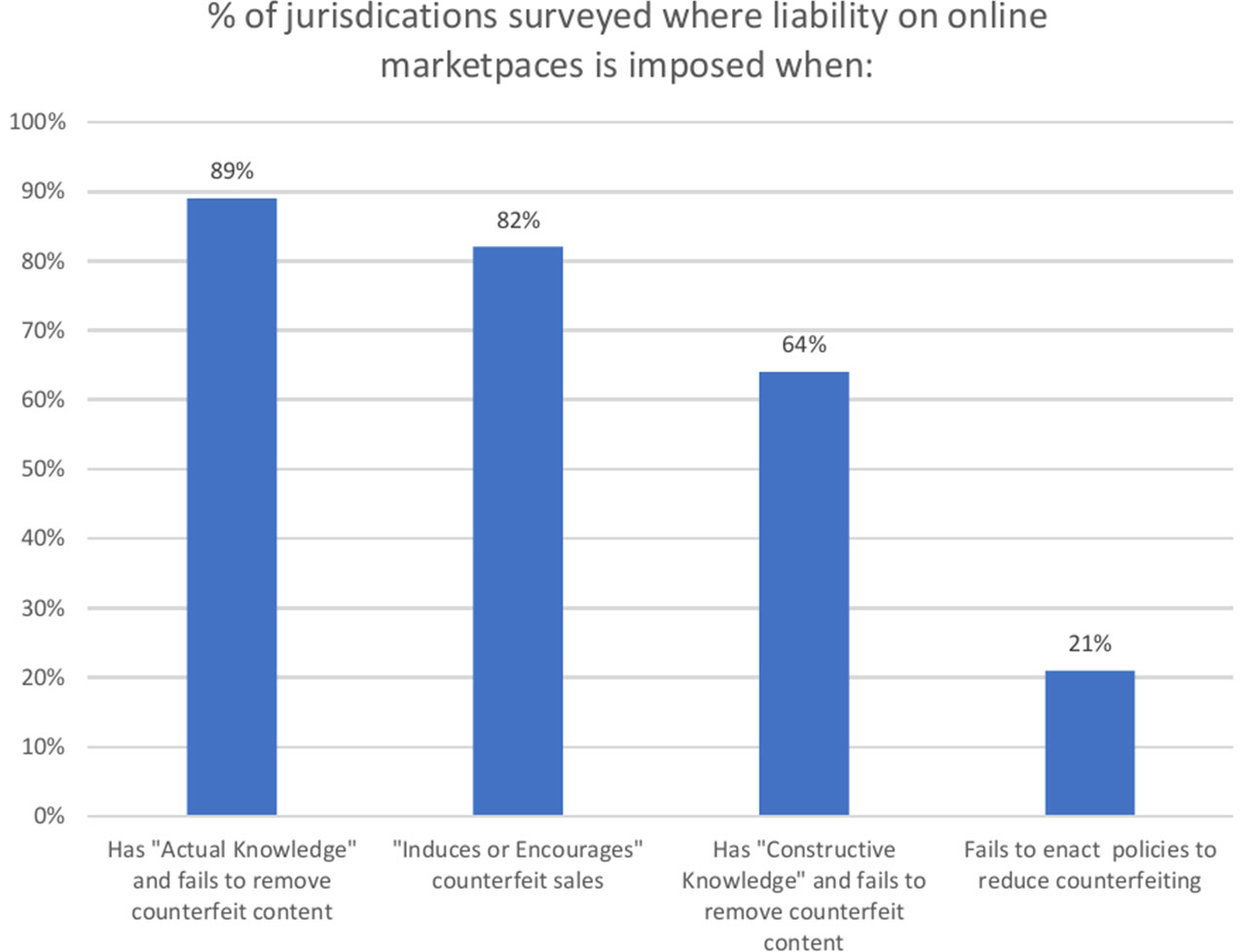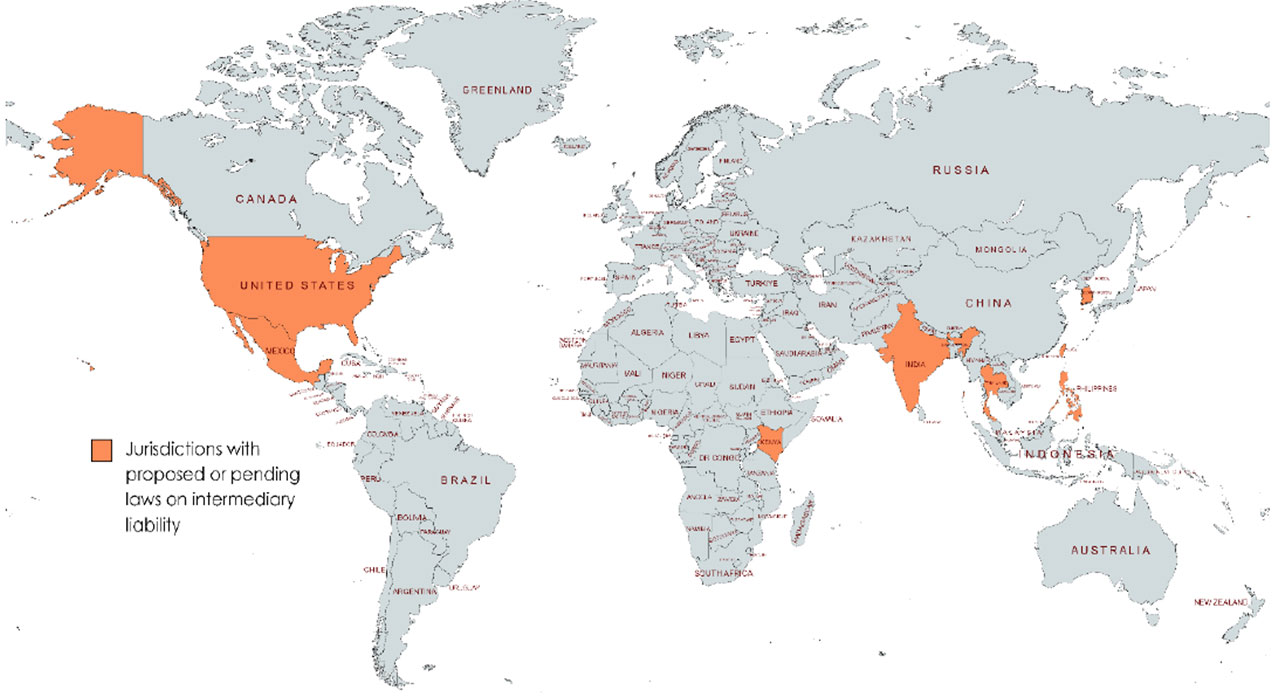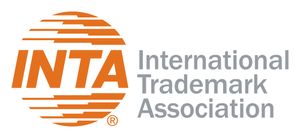INTA leads collaborative effort for anti-counterfeiting enforcement mechanisms and best practices

This is an Insight article, written by a selected partner as part of WTR's co-published content. Read more on Insight
Consumer and brand protection are at the heart of the International Trademark Association’s (INTA) advocacy. This is no less true for the growing concern about counterfeits sold through online marketplaces. Stopping counterfeit goods from reaching consumers is a long-standing priority for INTA members of all types and from all industries.
In November 2023, after more than a decade of research by INTA’s Anticounterfeiting, Enforcement and Internet committees, as well as negotiations among the relevant stakeholder groups – including online platforms and brand owners – INTA’s Board of Directors passed a resolution establishing a framework for protecting consumers from third-party sales of counterfeit goods.[1]
Trends in online counterfeiting
The National Crime Prevention Council reports that $2 trillion worth of counterfeit products are sold to consumers annually.[2] Moreover, according to research published last year by Michigan State University’s College of Communication Arts and Science, seven out of every 10 people have been deceived into buying counterfeit products online at least once in the past year.[3]
In the Quarterly Retail E-Commerce Sales report by census.gov, published in February 2024, it was reported that US retail e-commerce sales in Q4 2023 totalled $285.2 billion.[4] This is an increase of 0.8% from Q3 2023 and represents 15.6% of total sales. Total e-commerce sales for 2023 were more than $1.1 trillion, an increase of 7.6% from 2022.
The explosion of commercial activity worldwide facilitated by the Internet has resulted in a concomitant rise in the online sale of counterfeit goods and services. The recent COVID-19 pandemic further exacerbated this problem, as consumers increasingly turned to online sources to purchase consumer products, medicines, medical supplies and other necessities.
The OECD’s recent report, Illicit Trade in Fakes under the COVID-19, highlights the fact that the pandemic’s sudden forced shift to e-commerce had consequences:
Law enforcement agencies across the European Union found e-commerce platforms being extensively used for distributing fraudulent COVID-19 related products. Such malpractices were not restricted to the European Union. The United States faced challenges in ensuring secure and lawful e-commerce; a rise in the use of small packages by counterfeiters that required only minimal data, made it difficult to track illicit activities.[5]
The ease with which counterfeits can be offered for sale through online marketplaces has created a large problem. This has in turn generated numerous court cases focused on whether liability for the infringing actions extends beyond the bad actor to those providing the online marketplace for the infringing sales.
Given the complexities and advances of technology and innovation taking place on the Internet, courts have had to grapple with the question of ‘intermediary liability’. Some court decisions have been inconsistent, in large part due to the absence of a consensus on which legal standards are appropriate. As a result, both brand owners and online marketplaces continue to face tremendous uncertainty and enormous legal and other costs in trying to address this issue.
Addressing the need for harmonisation in intermediary liability legislation
In February 2020, then INTA President Ayala Deutsch, backed by the Executive Committee of the Board, directed the INTA Anticounterfeiting, Enforcement and Internet committees to assess INTA’s position on intermediary liability specifically for internet service providers (ISPs). The Association’s position at that time stated that ‘INTA encourages voluntary cooperation to combat Internet counterfeit sales through the development and adoption of best practices for ISPs and brand owners, rather than developing legislative initiatives or supporting legislation specifically directed at ISP intermediary liability’.
In Q2 2023, the Anticounterfeiting Policy Global Project Team within the INTA Anticounterfeiting Committee conducted a global survey of intermediary liability laws. The survey covered laws in 28 jurisdictions: Australia, Canada, the Dominican Republic, Egypt, El Salvador, the European Union (covering 27 countries), Hong Kong, India, Indonesia, Kenya, Mauritius, Mexico, New Zealand, Nigeria, Pakistan, Panama, Peru, the Philippines, Russia, Singapore, South Africa, South Korea, Sri Lanka, Taiwan, Tanzania, Thailand, the United Arab Emirates and the United States.
The survey revealed that 53% of jurisdictions have laws that hold intermediaries liable for counterfeiting. This indicates a growing recognition of the need to regulate the conduct of online intermediaries. It also establishes that there are many countries around the world that do not have liability laws in place. INTA can play a vital role in these countries advocating for greater harmonisation in pursuit of balanced legal regimes that protect consumers’ and rights holders’ interests while taking into consideration the various roles of all stakeholders in online sales. The survey found that of the 28 jurisdictions surveyed:
- 23 impose liability on online marketplaces where the marketplace ‘induces or encourages’ third-party counterfeit sales;
- 25 impose liability on online marketplaces where the marketplace has ‘actual knowledge’ of third-party counterfeit listings and fails to remove those listings;
- 18 impose liability where the marketplace has ‘constructive knowledge’ of such counterfeit sales and fails to take action; and
- six impose liability on online marketplaces where the marketplace fails to enact policies to decrease counterfeiting.

Importantly, 29%, or eight of the jurisdictions surveyed, had proposals or pending laws concerning intermediary liability for counterfeiting at the time of the survey – further demonstrating the need for INTA to take a position and weigh in on such policies before their implementation.

The jurisdictions with proposed or pending laws include India, Kenya, Mexico, the Philippines, South Korea, Taiwan and the United States. It is notable that the EU Digital Services Act was enacted in November 2022, with its first phase of application beginning in August 2023. This act aims to establish harmonised rules for online intermediary services and applies to all ISPs offering services in the European Single Market.
Some jurisdictions have applied provisions that grant intermediaries certain safe harbours, provided that they meet certain conditions. These mainly revolve around the knowledge, actions and responses of intermediaries to infringing activities.
For example, the IP laws of some jurisdictions establish conditions for the immunity of intermediaries, such as lack of knowledge, prompt action upon notification, lack of direct economic benefit and cooperation with the authorities. Provisions in the Thai Copyright Law and IP Law, for instance, describe the steps that intermediaries must take to be exempt from liability, such as having in place, and complying with, a copyright infringement policy that provides for the termination of services to users who are repeat infringers, and promptly removing infringing content upon notification.
There are other important findings in the survey results, notably:
- the majority of current legislation does not make counter-notices mandatory (whether before or after a notice and takedown is accepted); and
- there are limited obligations for online intermediaries to publish information on content moderation and NTD practice.
Numerous jurisdictions have recognised the need to protect IP rights against infringement facilitated by intermediaries. Laws such as Egypt's Intellectual Property Rights Act No. 82 of 2002, Hong Kong's Copyright Ordinance and similar statutes in other countries have introduced provisions that hold intermediaries liable for knowingly engaging in counterfeiting activities. While some governments have implemented specific laws and regulations, others rely on established legal principles such as contributory negligence and vicarious liability.
The survey results reveal a consensus that intermediaries play a key role in preventing counterfeit sales while emphasising a strong need to establish a common standard. This was highlighted by the diversity of approaches and legal proposals, gaps in obligations for transparency for counterfeit policies, and adequate mechanisms for notice and takedown.
A framework for protecting consumers
INTA recognises that online marketplaces play an integral role in the shopping behaviours and experiences of consumers, and that they are equally vital in disrupting the sale of counterfeits in online marketplaces.
INTA’s board resolution defines ‘online marketplaces’ as persons or entities that operate consumer-directed electronically based or accessed platforms that:
- include features that allow for, facilitate or enable third-party sellers to engage in the sale, purchase, payment, storage, shipping or delivery of a physical consumer product;
- are used by one or more third-party sellers for such purposes; and
- have contractual (or similar) relationships with consumers governing their use of the platforms to purchase physical consumer products.
The INTA resolution delineates standards for legislation to address the accountability of online marketplaces in the sale of third-party counterfeit products when certain conditions are met.
The goal of the resolution was to frame the issue through the lens of consumer safety and the harmonisation of efforts. It outlines INTA’s position on where liability lies with online marketplaces for the third-party sales of counterfeit goods while recognising that obligations imposed on online marketplaces must be weighed in the light of the fundamental principle that trademark owners are principally responsibility for protecting and enforcing their trademark rights.
The framework provides a ‘three-pronged’ test for imposing liability on an online marketplace for third-party sales of counterfeit goods. It breaks down situations when the online marketplace:
- has intentionally induced a third party to sell those specific counterfeit goods; or
- has actual knowledge of specific counterfeit goods being offered on its website or platform, and although it can do so, does not remove its offering; or
- if neither of these apply, has failed to take reasonable steps to prevent and mitigate the sale of counterfeit goods.
The resolution’s framework outlines the reasonable baseline steps that online marketplaces should demonstrate to avoid liability. These include:
- implementing mandatory user agreements for buyers and sellers;
- using commercially reasonable ‘know your customer’ measures;
- administering a notice and takedown system for reporting and removing listings advertising counterfeit goods;
- establishing a system through which buyers and sellers on the online marketplace may report sellers of or listings connected to counterfeit goods;
- enforcing repeat offender policies;
- using measures to detect suspended or banned users and block further access to the online marketplace by such users;
- providing easily accessible information to brand owners, buyers and sellers that identifies the online marketplace’s policies and reporting mechanisms for suspected counterfeit goods;
- facilitating the disclosure of information about suspended or terminated sellers of counterfeit goods to brand owners and law enforcement upon request for disclosure (subject to applicable data disclosure and privacy laws); and
- cooperating in criminal and civil investigations where appropriate.
Many brand owners and law enforcement agencies will recognise and already benefit from many of these steps – if not much more enhanced IP protection tools that have been developed and implemented by many of the leading e-commerce platforms. However, by setting out these baseline measures in the resolution, it is hoped that legislators and other e-commerce platforms will seek to implement them in the future to ensure consumers are protected whenever they shop online from third parties via online marketplaces.
With emerging legislation on anticounterfeiting, advances in technology and the global discussion only growing around this important subject, it was critical for INTA to develop a unified, consistent and collaborative voice and message. We are proud of the collaboration that took place within INTA to agree on the language of this important resolution. It represents a truly unified front for a 146-year-old global organisation with more than 6,400 organisation members from 181 jurisdictions.
The resolution is a lesson in how collaboration among all stakeholders can achieve a collective balance of best interests and unified initiatives to address an industry-wide issue and, more specifically, to curb counterfeiting.
Endnotes
[1] https://www.inta.org/wp-content/uploads/public-files/advocacy/board-resolutions/20231114_Establishing-a-Framework-for-Protecting-Consumers-Final.pdf.
[2] https://www.ncpc.org/get-the-facts/thecost/#:~:text=The%20sale%20of%20counterfeit%20products,do%20not%20follow%20safety%20regulations.




